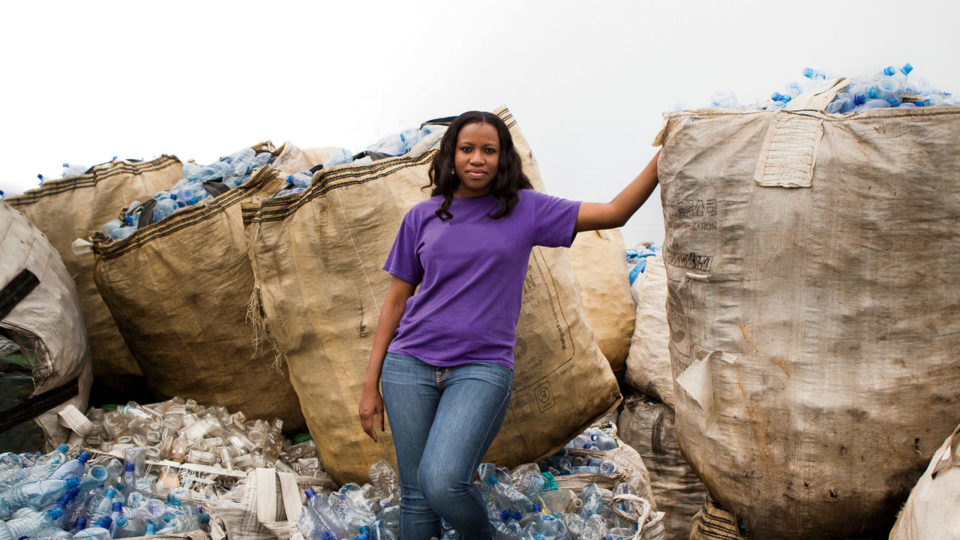
Knowing how to start a recycling business can offer you a way of earning money in an eco-friendly manner. Most people think a recycling business is about collecting soda cans, bottles, and old paper, but in fact, most profitable recycling businesses concentrate on other items and materials, such as the gold found in computers and cell phones, or re-selling household goods. Starting a recycling business requires a good knowledge of where to collect your goods and where to sell them, as well as strong entrepreneurial skills and perseverance.
Read the steps below to learn how to start a recycling business.
Step 1
Investigate what type of recycling interests you most and offers the best revenue potential.
Recycling paper, cans and bottles is labor intensive and doesn’t yield much revenue unless you charge people for collecting their recycling from their homes.
Recycling computers, cell phones, and other items containing gold is labor intensive and yields significant revenue if you find a buyer who will give you a good price.
Recycling household items for re-use can be a rewarding and profitable business.
Step 2
Determine the need for a recycling business in your area. For example, if another company already focuses on recycling household items, investigate the possibilities for recycling gold or aluminum.
Step 3
Draw up a business plan that outlines your investment, operational strategy, target markets, advertising campaign and projected income.
A steady supply of the recyclables in significant volumes over a long period is ideal. Proximity of your sources is important, also, as you evaluate transportation costs. –
Step 4
Obtain a business license by registering your recycling business with your city.
Step 5
Raise the finances to start a recycling business. Typically, a recycling business doesn’t require much in terms of start-up costs, but if you plan on working full time, make sure you have enough money in reserve for your living expenses. Consider grants or special loans that may be available from the government or other environmental programs. Costs would include your facility, equipment, staff, and electricity, in addition to the transportation, storage, and handling of the waste and recycling materials.
Step 6
Choose the location for your recycling business.
When starting out, your location can be as small as your garage or a room in your home where you can store items and sort through them.
If you’re planning to recycle household items and re-sell them in your own store, choose a location with sufficient traffic to draw in customers.
Step 7
Find recycling materials by handing out flyers and offering to collect recycling goods from people’s homes. Identify what equipment will be needed to efficiently process the recyclables. Processes such as sorting, storage, and delivering the recyclables for easier transport and reuse should be evaluated.
Step 8
Find buyers for your recycling.
If you’re re-selling metals, find buyers who offer a good price for melting metals by doing some research on the Internet and approaching them.
If you’re re-selling household goods, some of your customers will be consumers who support the green lifestyle and are drawn in by your advertising, while others may just be looking to purchase used products that are in good condition to save money.
